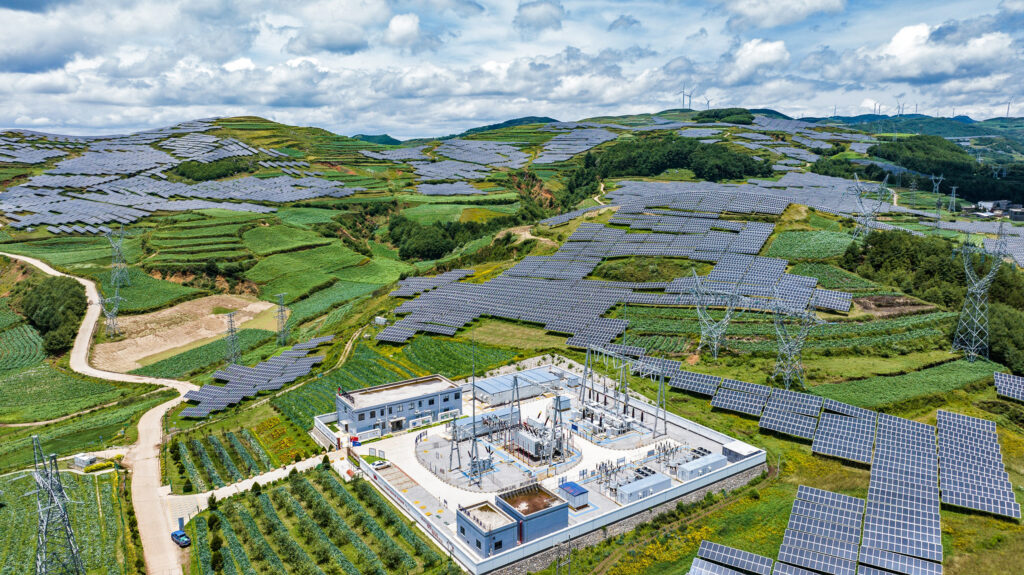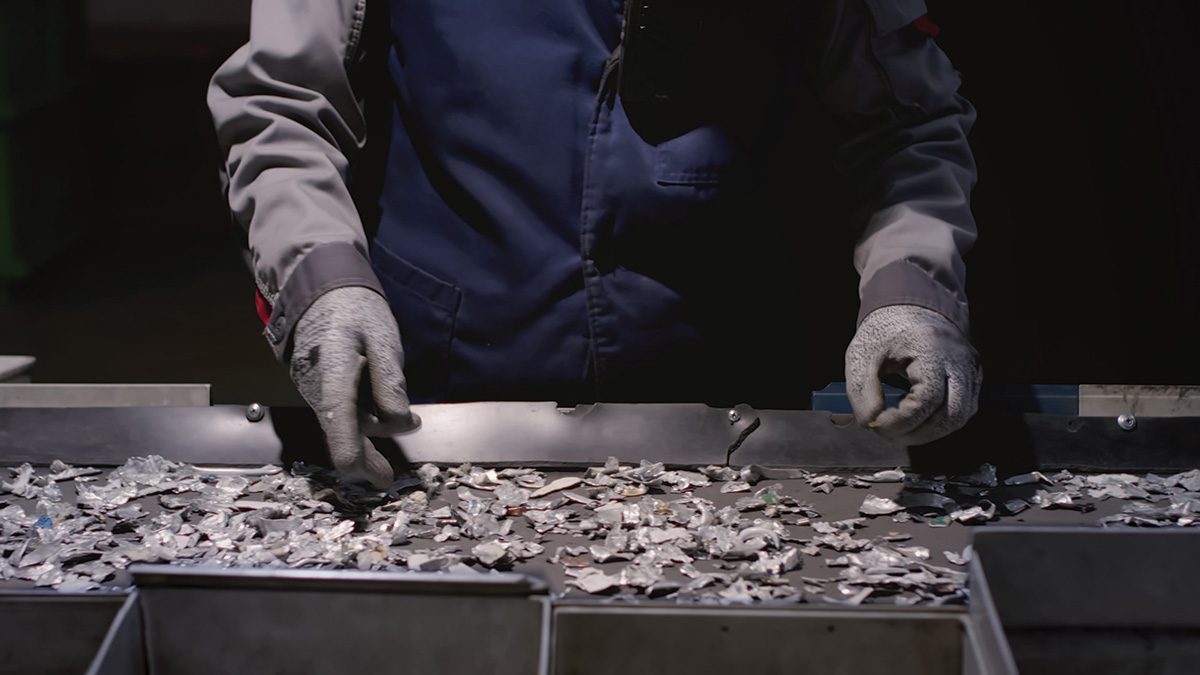Alaska geologist Mark Myers hopes that underground reserves of hydrogen could fuel a new state energy industry.
His dreams were launched by a well drilled in the African country of Mali that yields enough hydrogen to fuel a village electric power plant.
Myers is hopeful that hydrogen deposits also exist in Alaska in a metamorphic rock called serpentinite, which is often found in subduction zones where one plate of the Earth’s crust is pushed underneath another.
“Do we have those source rocks?” Myers asked. “The answer is all over the place. But the big question is how much of this hydrogen gets created—and preserved. We don’t know.”
Read More

Veterans of Alaska’s Oil Industry Look to Blaze a Renewable Energy Pathway in the State
By Hal Bernton
Myers’ push to find hydrogen reservoirs is driven by his concerns about climate change spurred by fossil fuel combustion. He is convinced that scientific models of a warming Earth are accurate, and justify a concerted effort to move off of coal, oil and gas.
“How is Alaska going to make the energy transition?” he asked. “What is it going to look like in the post-fossil fuel world?”
This is blunt talk from a man who spent more than four decades in Alaska’s oil industry and state government, where his resume included service as the chief of the Oil and Gas Division and a stint as the Department of Natural Resources commissioner. He also, under the administration of President George W. Bush, headed up the U.S. Geological Survey, and is active in academia as a vice chancellor of research at the University of Alaska Fairbanks.
Myers, who currently serves as a presidential appointee to the U.S. Arctic Research Commission, said he gravitated to hydrogen as an energy source that could generate electricity, help the power industry and make transportation fuels.
Explore the latest news about what’s at stake for the climate during this election season.
So far, much of the federal research has focused on ways to make green hydrogen, which can be extracted from water in a process that requires lots of electricity from clean power sources that do not release greenhouse gases. But a potentially cheaper alternative would be reservoirs of naturally forming hydrogen that could be big storehouses of energy. In the U.S. and elsewhere, exploration is now underway to try to find some of those potentially large sources of energy.
The subsurface hydrogen in Mali was discovered in 1987 by well drillers looking for water. Later, more than two dozen boreholes helped to define the boundaries of these reservoirs, which keep recharging with hydrogen. Since 2012, wells producing 98 percent hydrogen gas have provided fuel for the power plant serving the village of Bourakebougou, according to a study of the reservoirs published in 2023 in Nature.
A model developed by the U.S. Geological Survey suggests that underground reservoirs of hydrogen exist in other places, and a company drilling in south Australia has reported significant hydrogen concentrations of more than 90 percent as well as helium in the gases brought to the surface. Technologies also may evolve to harvest hydrogen as it migrates through rock. Another possibility would be injections of water that could stimulate hydrogen production from some formations.
Most of these hydrogen resources are likely to be in areas too deep, too inaccessible or in quantities too small to profitably extract, according to Geoffrey Ellis, a U.S. Geological Survey research geologist, who helped to develop the model. And in some prospective hydrogen reservoirs, the gas may have leaked out or been consumed by microbes.
Still, if a small fraction of these reserves could be tapped, a major new source of carbon-free energy could be developed.
Ellis is now leading an effort to develop maps of the areas in the continental U.S. most likely to contain hydrogen. So far, the top prospects appear to be in the Great Plains and the Atlantic coastal plain.
Myers is eager for the U.S. Geological Survey to develop a similar model that could guide hydrogen exploration in Alaska. In October, he will be joined by Ellis at a three-day hydrogen workshop in Fairbanks jointly sponsored by the Arctic commission and the university’s Geophysical Institute.
“The effort now is to pinpoint where it could be,” Myers said. “Then, we need to do basic geologic field work. So, start looking at the rocks.”
About This Story
Perhaps you noticed: This story, like all the news we publish, is free to read. That’s because Inside Climate News is a 501c3 nonprofit organization. We do not charge a subscription fee, lock our news behind a paywall, or clutter our website with ads. We make our news on climate and the environment freely available to you and anyone who wants it.
That’s not all. We also share our news for free with scores of other media organizations around the country. Many of them can’t afford to do environmental journalism of their own. We’ve built bureaus from coast to coast to report local stories, collaborate with local newsrooms and co-publish articles so that this vital work is shared as widely as possible.
Two of us launched ICN in 2007. Six years later we earned a Pulitzer Prize for National Reporting, and now we run the oldest and largest dedicated climate newsroom in the nation. We tell the story in all its complexity. We hold polluters accountable. We expose environmental injustice. We debunk misinformation. We scrutinize solutions and inspire action.
Donations from readers like you fund every aspect of what we do. If you don’t already, will you support our ongoing work, our reporting on the biggest crisis facing our planet, and help us reach even more readers in more places?
Please take a moment to make a tax-deductible donation. Every one of them makes a difference.
Thank you,

















